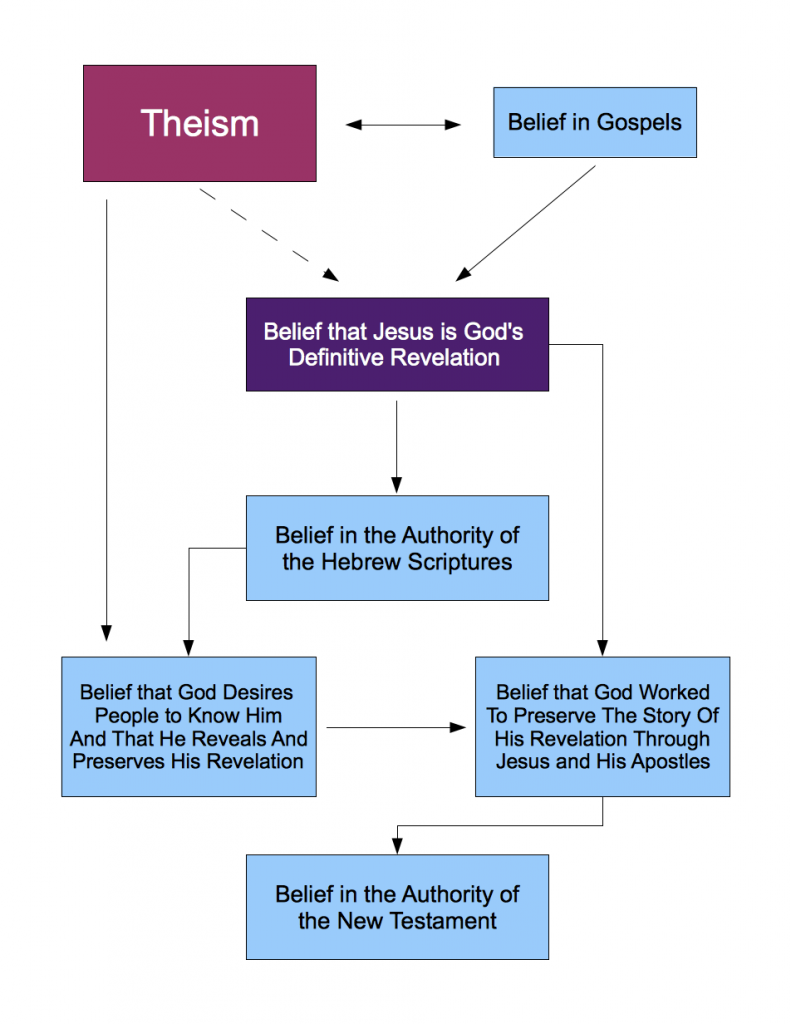I’ve decided to start blogging through the Bible on a semi-daily basis. I see this as a useful exercise in many ways:
- It will force me to write regularly which is a long languished goal of mine.
- At the end, I will have completely read the Bible for a second time.
- I will be able to record and focus my thoughts and understanding of the Bible.
- Hopefully, I can provide some commentary of interest or value to my right-wing Christian brothers and sisters and to my atheist comrades.
For my translation, I’ve decided to use the World English Bible (WEB) as I like the principles that it is based upon – especially the fact that it is copyright free. You can read more about the WEB here: http://www.ebible.org/web/webfaq.htm.
The Christian Bible consists of two book collections: the Old Testament (or Old Covenant) and the New Testament (or New Covenant). The Old Testament is essentially the books of the Hebrew Bible while the New Testament collects the early Christian writings that recorded the lives and teachings of Jesus and His early followers. As I begin a given section or book, I will provide some introductory comments for it.
It seems appropriate for me to briefly discuss here the logical dependencies of my religious beliefs as this will provide some insight into how I approach the Bible.

The starting point for my religious beliefs is theism. I’m not trying to justify my beliefs here and so will not go into how I arrived at my theist position, but it is mostly independent of my other more specialized religious beliefs other than some interplay with my second foundational religious belief: the belief in the truth of the Gospels which provide accounts of the life and teachings of Jesus of Nazareth. While theism is definitely the logically prior belief and the core belief that provides a foundation for the rest, my belief in the truth of the Gospels does provide supporting evidence for my theism even as it depends upon the possibility of the theistic hypothesis.
From my theism and from my acceptance of the Gospels follows my belief that Jesus is God’s definitive revelation to mankind, and it is this belief that forms the backbone of my belief in the truth of Bible and also represents the key to my interpretation of the Bible. The Bible is a large collection of writings that span across centuries and cultures. There are definitely passages that taken together present ambiguities or difficulties – though by no means are they necessarily the contradictions that a naive skeptic would paint them as. In fact, with a proper understanding of the relevant cultures and historical context as well as a proper attitude towards the text (seeking a solution rather decreeing an insurmountable problem), I find no contradictions in the Bible.
That’s probably enough material for today. Tomorrow, I’ll kick things off properly…
What better place to start than “In the Beginning…“?